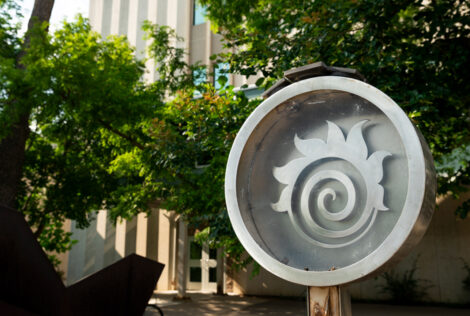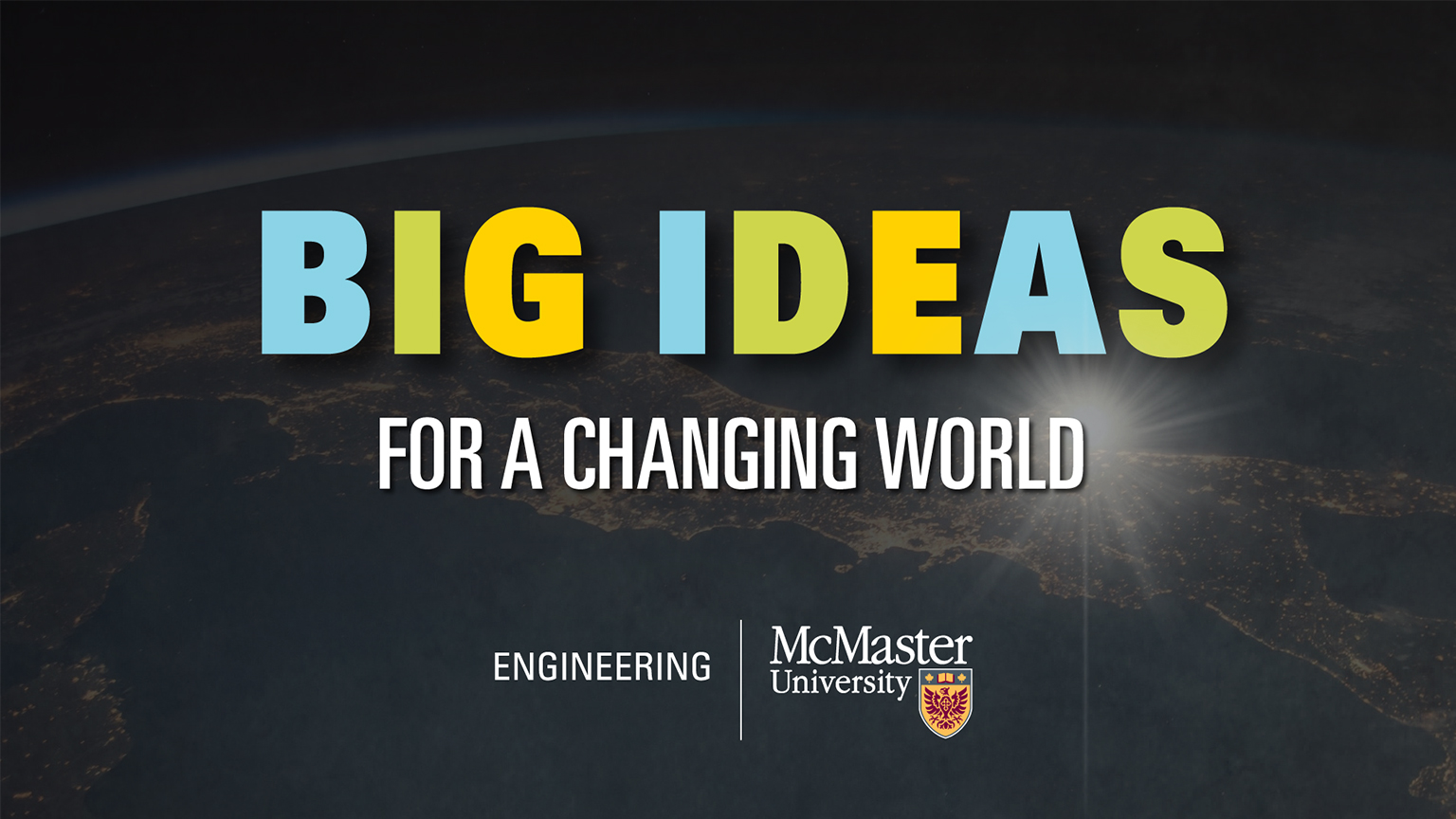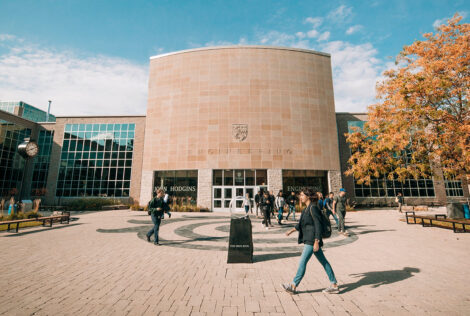

Researchers Zoe Li and Wael El-Dakhakhni have received support from McMaster’s COVID-19 Research Fund to apply their digital twinning system to simulate reopening scenarios for McMaster’s campus. Hear more on the latest Big Ideas for a Changing World podcast episode.
In Episode 5 of Big Ideas for a Changing World, Zoe Li and Wael El-Dakhakhni share the latest on their research project which digitally models cities to inform decision-makers in their reopening plans amid the COVID-19 pandemic.
The City Dynamic Network Analyzer (CityDNA) was one of 11 winners in the Roche Canada COVID-19 Open Innovation Challenge this past summer. It combines network science, machine learning, systems analysis and optimization to create a digital twin of a city’s infrastructure systems, allowing for virtual testing of different scenarios, such as how to safely reopen a university campus.
The team recently received funding from the McMaster COVID-19 Research Fund to apply their technology to McMaster’s campus to inform plans for bringing students, faculty and staff back to campus.
Our plan is to build a complex network for McMaster and simulate different scenarios that will be able to provide some decision support – for example, whether we should open some small classes just to get the benefit of face-to-face instruction.
This new iteration of the project, “McMasterDNA,” is in early stages as the researchers gather more data on class sizes, class schedules, employee shifts and more.
“It will benefit everybody on campus,” Li adds.
El-Dakhakhni, a professor in civil engineering and the McMaster School of Computational Science and Engineering, says the concept of CityDNA stemmed from Vanier Canada Graduate Scholar Moustafa Naeim’s project looking at how cities can be made more resilient to floods caused by climate change.
“At McMaster, we have some very unique opportunities for students to get involved in research. If this is the type of research you’re interested in, don’t be afraid to just send an email to your professor and there might be an opportunity for you to get involved,” says El-Dakhakhni.
Hear more about CityDNA on Big Ideas for a Changing World. Available on YouTube, Spotify, Apple Podcasts and Google Podcasts.

